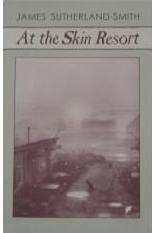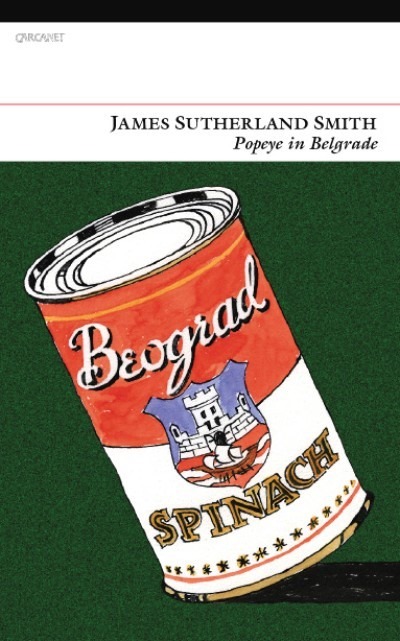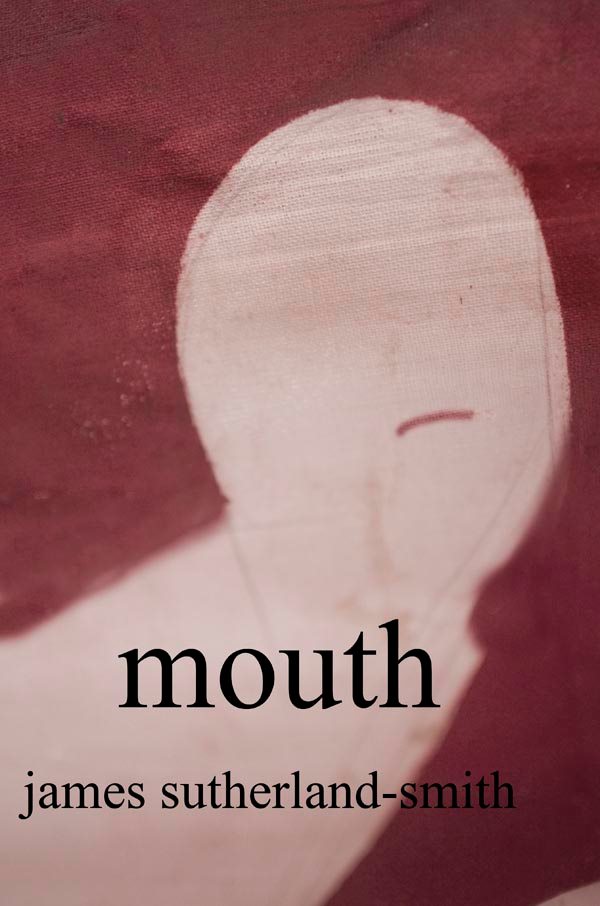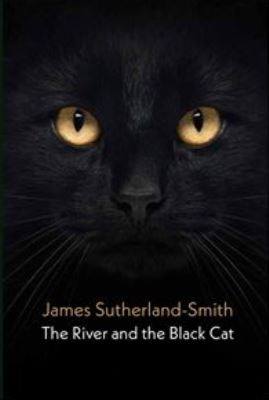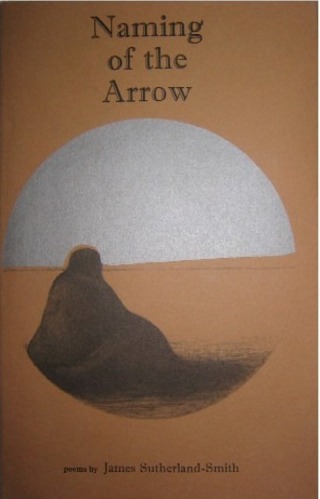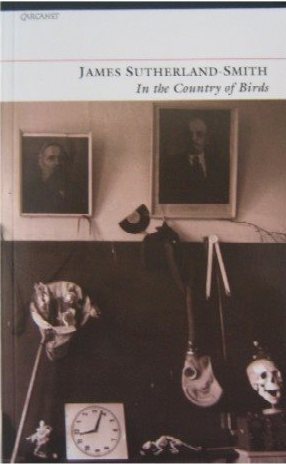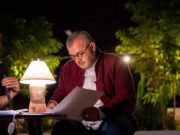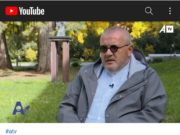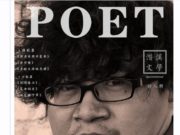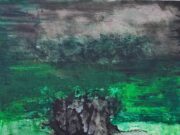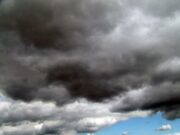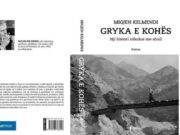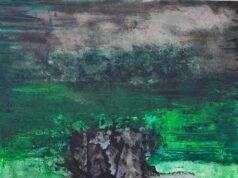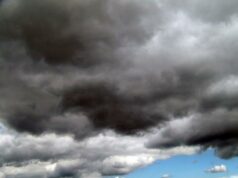JAMES SUTHERLAND-SMITH was born in Scotland, but lives in Slovakia. He has published seven collections of his own poetry, the most recent being “The River and the Black Cat” published by Shearsman Books in 2018. He also translates poetry from Slovak and Serbian for which he has received the Slovak Hviezdoslav Prize and the Serbian Zlatko Krasni Prize.
His most recent translation is from the poetry of Mila Haugová, Eternal Traffic, published in Britain by Arc Publications.
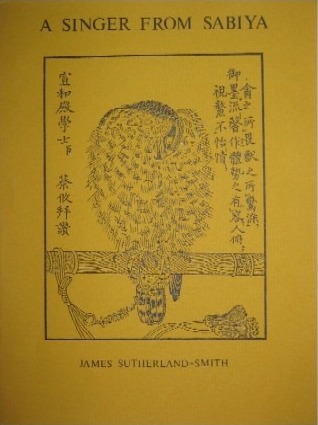
A SNAIL IN ISTANBUL
The sultan of moisture creeps
On a flagstone shadowed by nettles.
He carries his turban on his back
And shows his tentacles, a scholar
Bareheaded out of the mosque.
No doubt his hidden mouth is prim
Though his tongue, rough with hunger
Not prayer, will rasp on greenery:
One foot, one lung, one kidney,
One gonad, mostly male, feminine
Only in summer in a place
The Turkish guidebook labels
The Convent of the Whirling Dervishes.
In the octagon of the dance hall,
On a balcony wall overlooking
The dancing floor is a photograph
Of abandoned holy men, a cluster
Of white frowns with unkempt beards
Like snails stuck to a glossy leaf.
They lingered after Sheikh Galib
The last, great formal poet,
Years after Halit Efendi
Whose body is in a tomb outside.
His head is buried elsewhere.
Their pens and mechanical verses
Are displayed, nibbled by neglect.
On the path the devotee of stealth
Has almost reached the nettles.
His spiral of shell and viscera,
His delicacy, will not be scourged
By the stinging hairs on the stems.
Far above him the curator
Picks tobacco from a lower lip
Before he brushes down the graves
Tilted by subsidence so they seem
Almost imperceptibly to make
A gesture in the dance. Their headstones
Are grey, bearded with inscriptions,
Crested with marble turbans.
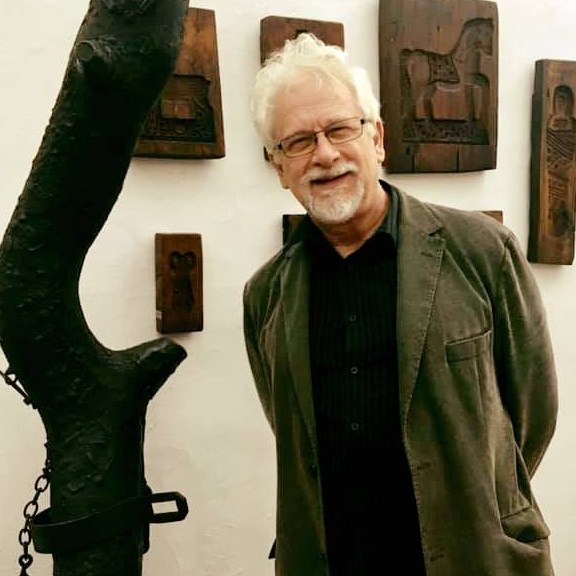
PRICKLY PEARS AND ORANGES
Prickly pears are a rabble of headless men
Whose limbs have yellow flowers drooping
Like cotton gloves with empty fingers.
Their fruit first appears livid as a rash
Then matures in carbuncular clusters.
Harvested they are pruned back to thickets
High and close enough to deter small boys
From banditry in the formal orange groves
Where young goats play king-of-the-castle.
Hacked, burnt, then ploughed in deep by claimants
To a promised land they resurrect
In a straggle of spiky ovals.
They re-assert boundaries of alfalfa,
Of villages deliberately de-named,
Settled over, portioned in another tongue.
Rooted out again they still spring up
From the hidden stubbornness of seed,
A vegetable remembrance
Long after incinerated title deeds,
Long after the requisition document
Whose lie is “for reasons of security”,
Long after the exodus of smallholders;
Bemused old men on donkeys dreaming,
As they rode away, of prickly pears
And oranges – circles of ripeness,
Globes of paradise beneath glossy leaves –
Which could be quartered easily
For the satisfaction of the palate.
Now the memory of their taste provides
Bitterness for the politics of loss.
It is difficult to eat the prickly pear.
You have to soak it overnight
Otherwise the brittle spines break off
Then splinter as they lodge beneath your skin.
But if you manage to survive you open
A sweetness whose softened rind parts at your touch.
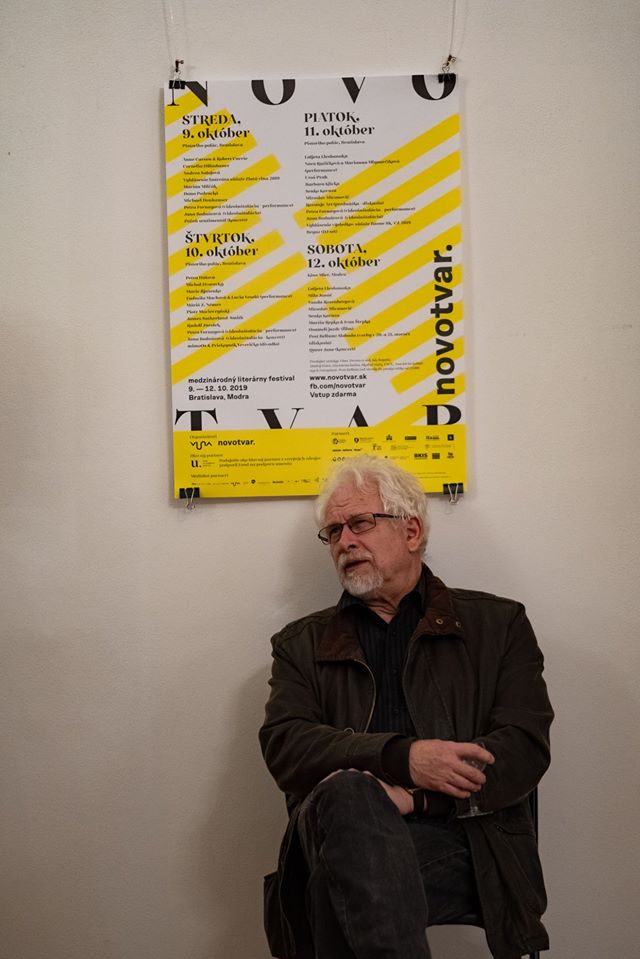
A WORLD OF MUSIC
The music man with his cap on the ground
And his toothless carnivorous stare
Makes the world succulent with his repertoire
Though his is not the only sound.
There’s a horrible scraping from the main street,
A dawdle of Bach and Mendelssohn from the square.
For it’s Spring and the beggars come out from their lair
To display their stumps and misshapen feet
For money, some kneeling in postures of abasement
Making no sound whatever though they pucker their lips
And their hands twitch right down to their fingertips
As if they played an invisible instrument.
You walk between them fiddle case in hand
Knowing that it only takes one false note
For you to tumble down the scale and share their fate.
From harmony to cacophony: you’ve found
It needs a semi-tonal, a micro-tonal slip.
So you walk between disaster and disaster,
The dread of error, of your music master,
Lathering you about the head with his cap.
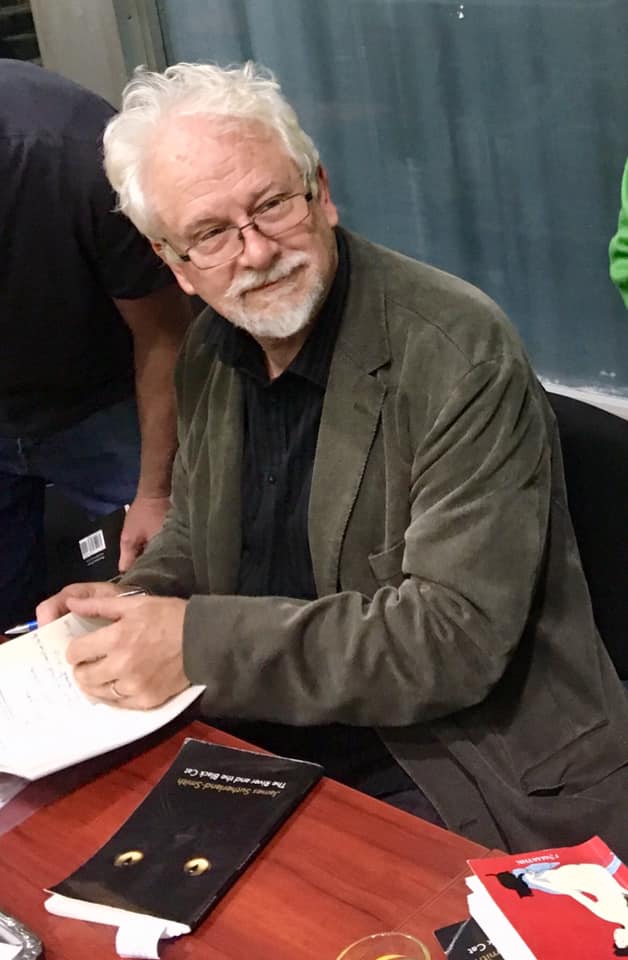
VISION
It is near winter in Celestial County,
flat clouds over mountains ribbed with early snow,
meadows cropped by sheep to a fuzz of brown roots,
the river still flowing, a moving mirror.
I have scrambled up through beech and tall pine
from my cabin to a sparser fantasy,
an avenue of aspen, clusters of birch
behind which could be shapes of beasts I can’t name.
I wish to see the angels who ride up here
on their grey stallions, high in the saddle
yet easy at a gallop, Wyoming style,
their yelps neither anathema nor blessing.
But the space is empty, the distances meek.
Above me I watch a hawk fold its wings and drop.
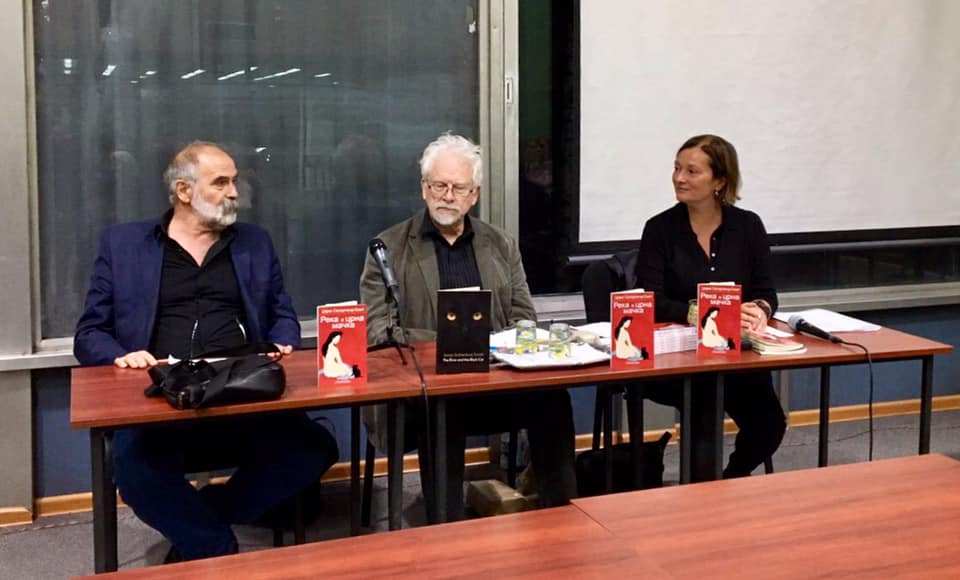
SIBERIAN IRISES
All day there’s been the tremulous
impersonal rattle of a whitethroat’s song
as it delves for insects in the valleys
and ridges of the apricot’s bark.
A wasp with a red abdomen sneers
over the winter garden’s glass roof
above which a ghost of gold and sky-blue
shimmers behind gauzy net curtains.
And so our vision hesitates down
to the irises whose indigo
has a recollection of red
and something of the dark between the stars.
In forty-eight hours they’ve altered
from black dogmatic spearheads to the curve
and countercurve of petals round a tongue,
pistils feathered with stamens, mild milky white.
Tomorrow they’ll have withered to twists
of ancient carbon paper, all while the moon
moves from incompletion through perfect form
to a Roman coin clipped on one side,
all while you change from apparition
at an upstairs window through flesh and blood
to shrivelling scorn as the whitethroat sings
my fortune like dice clattering in a cup.
